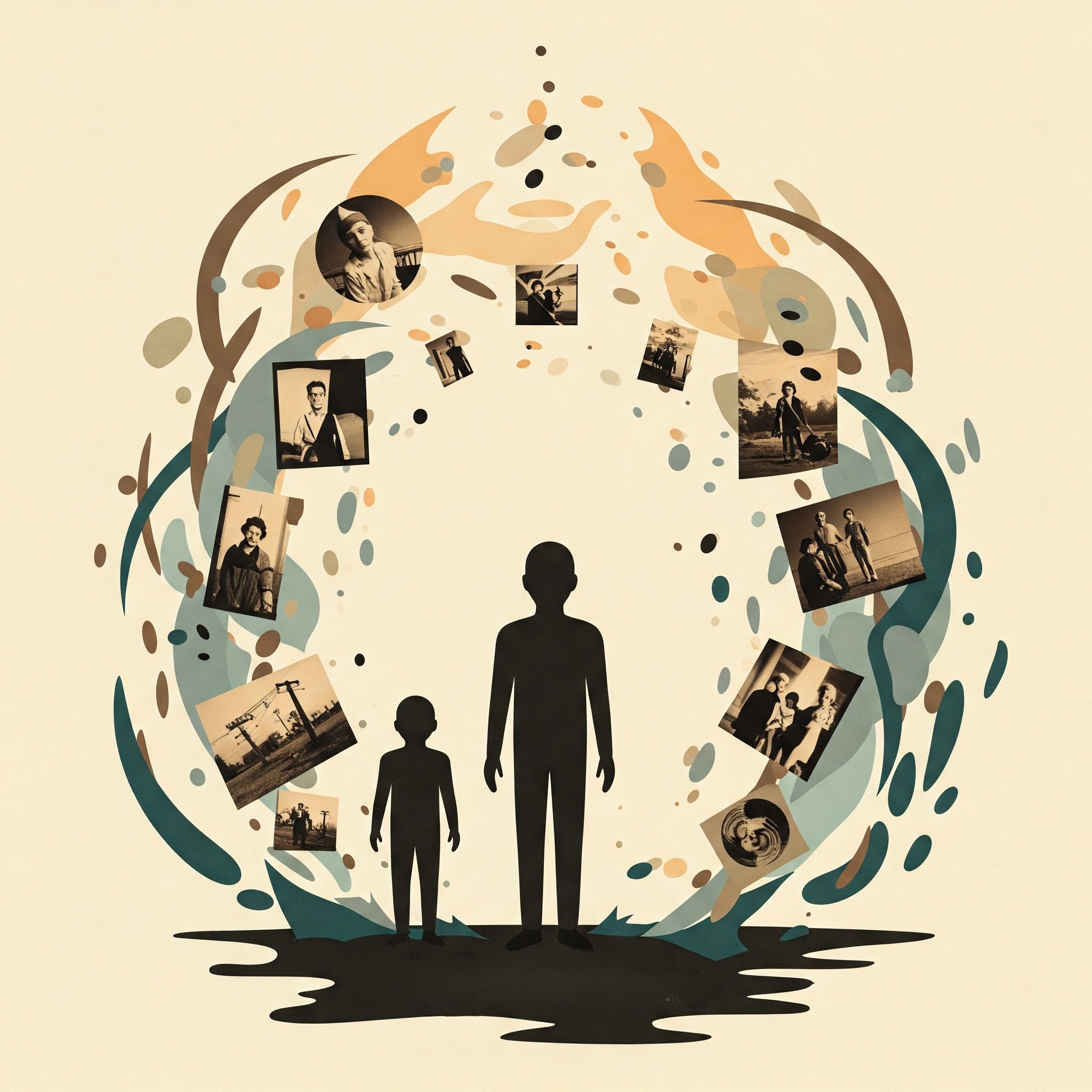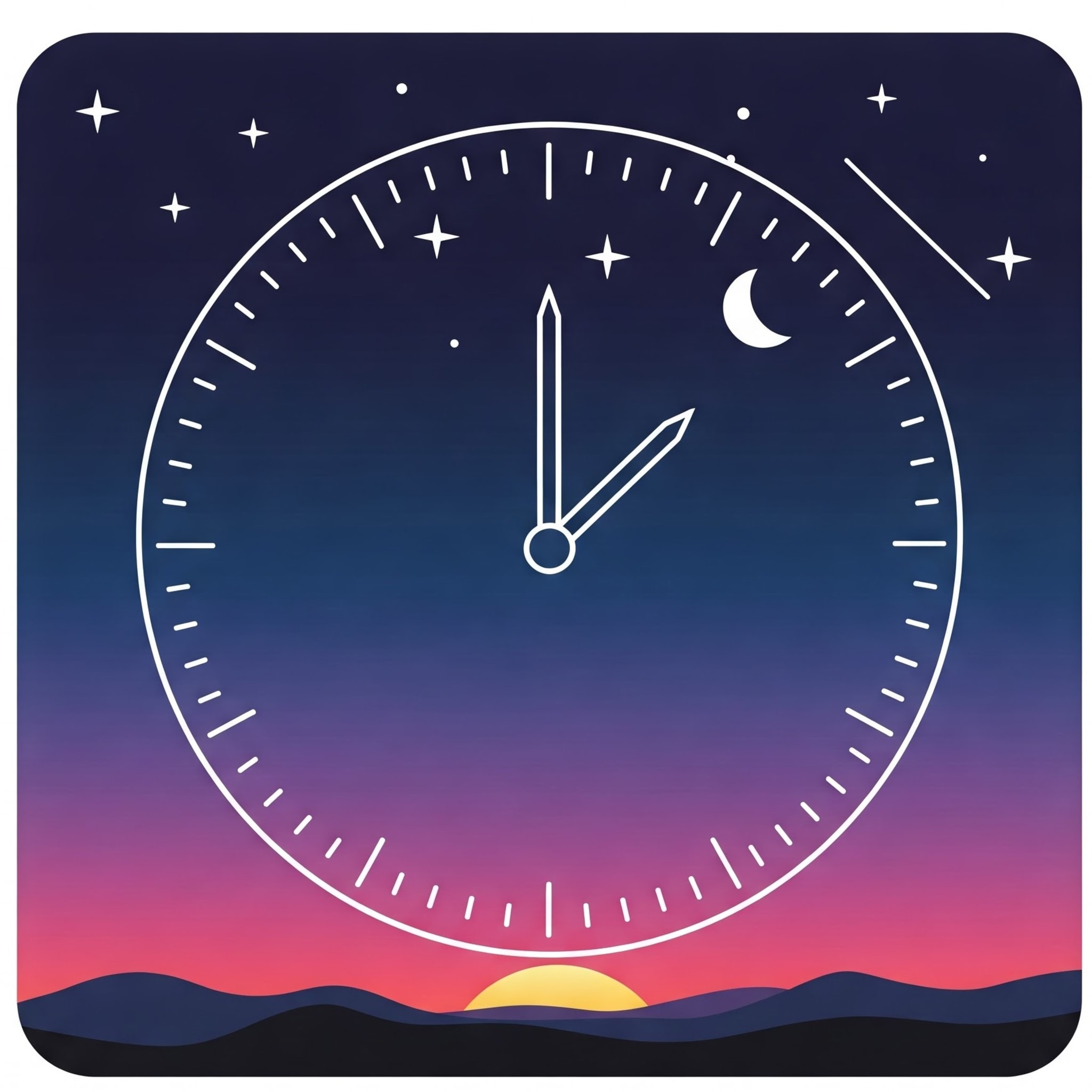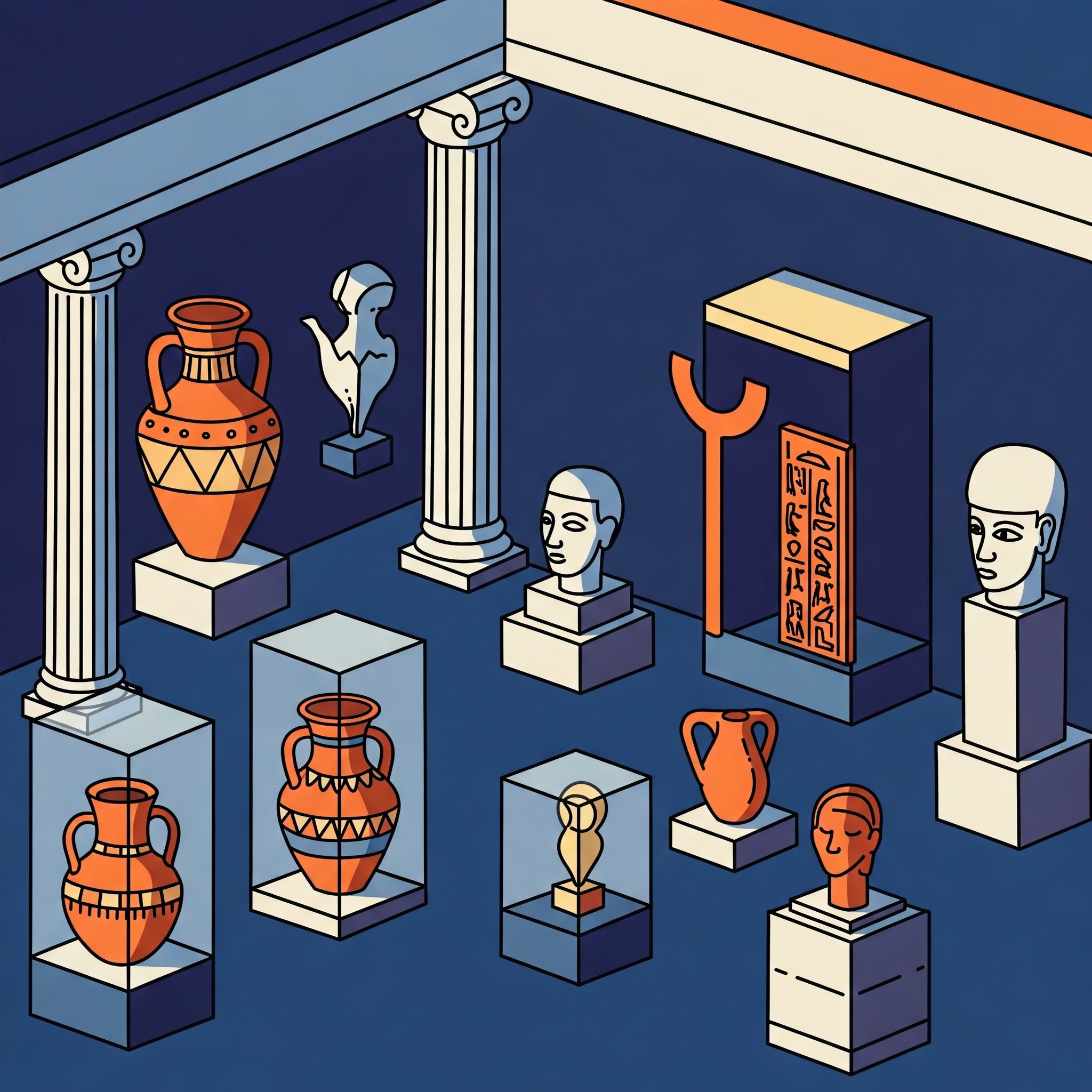Past
Definition
Past can function as a noun, an adjective, a preposition, and an adverb. As a noun, it refers to a time before the present. As an adjective, it describes something that occurred or existed earlier. As a preposition, it indicates movement beyond a point or time. As an adverb, it refers to the action of going by or beyond something.
Parts of Speech
- Noun
- Adjective
- Preposition
- Adverb
Pronunciation
American English
- IPA Pronunciation: /pæst/, /pɑːst/
- Respelling: past, pahst
British English
- IPA Pronunciation: /pɑːst/
- Respelling: pahst
Etymology
The word "past" originates from the Middle English "past," derived from Old French "past," which comes from the Latin "passus," meaning "to pass." The term is linked to the Proto-Indo-European root "*pent-" (to go, pass).
Derivatives
- Passed (verb, past tense)
- Pastime (noun)
- Passage (noun)
- Overpast (adjective, archaic)
- Unpast (adjective, archaic)
Synonyms
- History
- Earlier
- Beyond
Antonyms
- Future
- Present
- Ahead
Usage
The term "past" is widely used to refer to time or movement beyond a point. For example, "In the past, communication was slower," or "He walked past the store."
Related Terms
- History: The study of past events.
- Present: The current time.
- Beyond: At or to the further side of something.
Detailed Definitions
Noun
- The time before the present:
- Example: "The past shapes who we are today."
- An earlier period in someone’s life or history:
- Example: "He prefers not to discuss his past."
Adjective
- Relating to a time before the present:
- Example: "The museum showcased artifacts from past civilizations."
- No longer existing or relevant:
- Example: "That problem is in the past."
Preposition
- Beyond a point in time or place:
- Example: "It’s already past midnight."
Adverb
- To move beyond something:
- Example: "The train sped past without stopping."
past



🇨🇳 Mandarin
- 过去 (guòqù)
- IPA: /kwo51.tɕʰy55/
- Respelling: gwo-chyu
- 经过 (jīngguò)
- IPA: /tɕiŋ55.kwo51/
- Respelling: jing-gwo
🇮🇳 Hindi
- अतीत (atīt)
- IPA: /ə.t̪iːt̪/
- Respelling: a-teet
- पार (pār)
- IPA: /paːr/
- Respelling: paar
🇪🇸 Spanish
- Pasado
- IPA: /paˈsaðo/
- Respelling: pa-sa-do
- Más allá
- IPA: /ˈmas aˈʝa/
- Respelling: mas a-ya
🇫🇷 French
- Passé
- IPA: /pa.se/
- Respelling: pa-se
- Au-delà
- IPA: /o de.la/
- Respelling: o de-la
🇸🇦 Arabic (Modern Standard)
- الماضي (al-maadi)
- IPA: /alˈmaːdiː/
- Respelling: al-maa-dee
- وراء (waraa)
- IPA: /waːraː/
- Respelling: wa-raa
🇧🇩 Bengali
- অতীত (atīt)
- IPA: /ot̪it̪/
- Respelling: o-tit
- অতিক্রম (atikram)
- IPA: /ot̪ikram/
- Respelling: o-ti-kram
🇷🇺 Russian
- Прошлое (proshloe)
- IPA: /ˈproʂləje/
- Respelling: pro-shlo-ye
- За (za)
- IPA: /za/
- Respelling: za
🇵🇹 Portuguese
- Passado
- IPA: /pɐˈsadu/
- Respelling: pa-sa-du
- Além
- IPA: /aˈlɐ̃j̃/
- Respelling: a-lain
🇮🇩 Indonesian
- Masa lalu
- IPA: /'masa 'lalu/
- Respelling: ma-sa la-lu
- Lewat
- IPA: /'lɛwat/
- Respelling: le-wat
🇩🇪 German
- Vergangenheit
- IPA: /fɛɐ̯ˈɡaŋənhaɪt/
- Respelling: fehr-gangen-hait
- Vorbei
- IPA: /fɔrˈbaɪ̯/
- Respelling: for-bai
🇯🇵 Japanese
- 過去 (kako)
- IPA: /ka.ko/
- Respelling: ka-ko
- 通り過ぎる (toorisugiru)
- IPA: /toː.ɾi.sɨ.ɡi.ɾɯ̟β/
- Respelling: too-ri-su-gi-ru
🇻🇳 Vietnamese
- Quá khứ
- IPA: /kwaː˨ˀ˨ʔ khuː˨˩/
- Respelling: kwa-khu
- Qua
- IPA: /kwaː˨ˀ˨ʔ/
- Respelling: kwa
🇰🇷 Korean
- 과거 (gwageo)
- IPA: /kwa.ɡʌ/
- Respelling: gwa-ge
- 지나다 (jinada)
- IPA: /t͡ɕi.na.da/
- Respelling: ji-na-da
🇹🇷 Turkish
- Geçmiş
- IPA: /ɟet͡ʃ.miʃ/
- Respelling: yech-mish
- Ötesi
- IPA: /ø.te.si/
- Respelling: oe-te-si
🇵🇰 Urdu
- ماضی (māzī)
- IPA: /maːziː/
- Respelling: maa-zee
- پار (pār)
- IPA: /paːr/
- Respelling: paar





